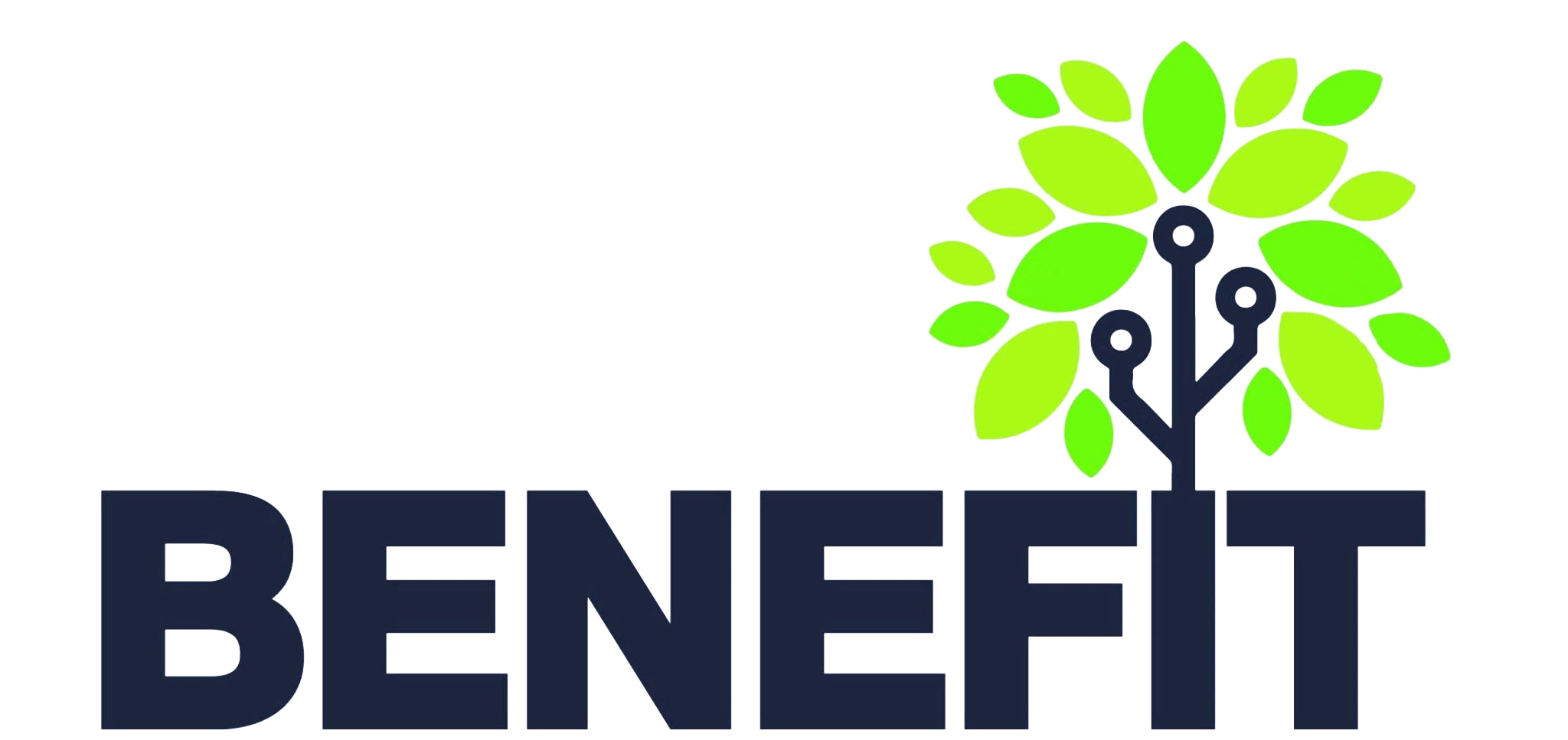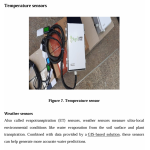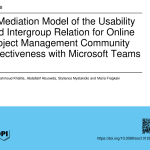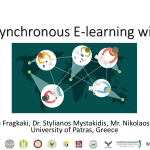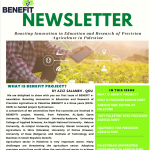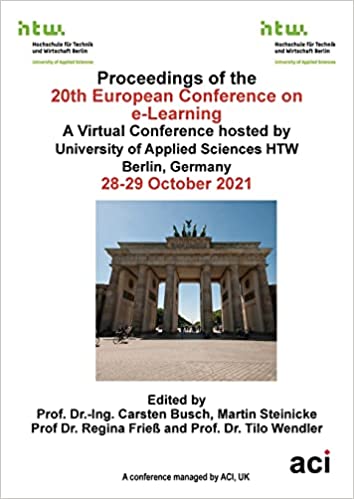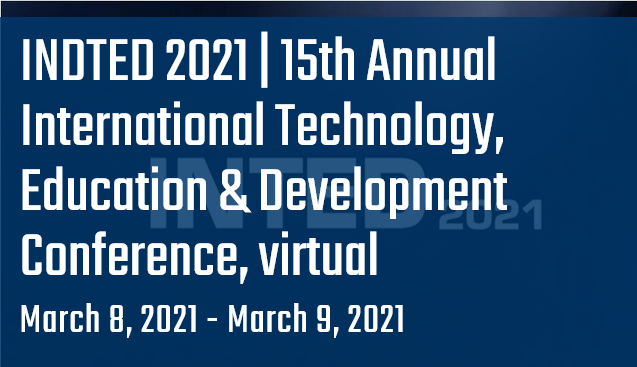Maria Fragkaki; Stylianos Mystakidis
University of Patras | UP · School of Natural Sciences
October 2021
DOI: 10.34190/EEL.21.061
Conference: 20th European Conference on e-Learning (ECEL 2021), At: Berlin, Germany, 28-29 October 2021
Abstract
The global disruption of all physical educational activities due the covid-19 pandemic impacted among
others also professional development activities of higher educational faculty members and staff.
Teaching and learning had to be organized exclusively online. This transition is not straightforward as
it often requires a different way of facing new challenges, or even a cultural change in all involved
stakeholders. Hence, instructional designers, but also instructors and researchers need to consider
multiple factors related to online education instructional design. In this empirical study, we present in
detail the views and needs of twenty-three higher education faculty members, on their preferable
pedagogy for distance training that had to replace a face-to-face one, in the frame of a multinationalDistance Higher Education Learning and Professional Pedagogy_ Maria and Stylianos
capacity building project. The core research question was “what are higher education instructors’ views
and educational needs toward meaningful and effective pedagogy of professional development
teaching and learning activities both in a face to face and an online training process”. A mixed research
method was employed in the form of a 22-item questionnaire (pilot survey) that combined qualitative
and quantitative data in the form of open and closed questions, respectively as well as observation.
The results are illustrated through graphical representations and analysis comments. Specifically, the
examined research indicators were the preferable training form, methodology, assessment, and
feedback. Findings suggest that in online training, a flipped learning approach can accommodate the
needs of academics where online meetings can be dedicated mainly to critical discussions and
practical applications based on prior asynchronous individual study of theoretical material. This
knowledge can be useful and support continuous professional development initiatives in the design
and implementation of effective e-learning strategies
